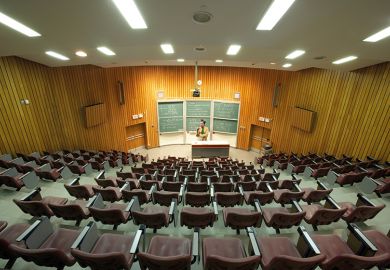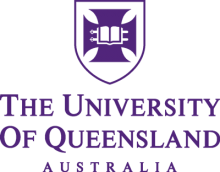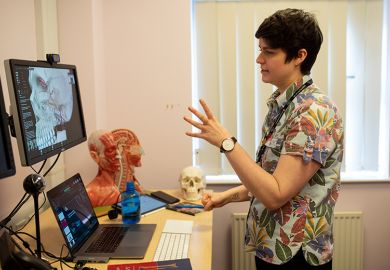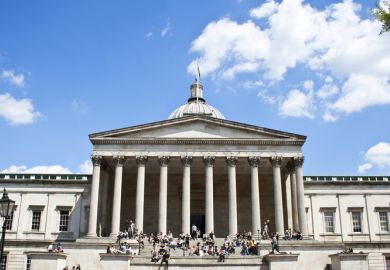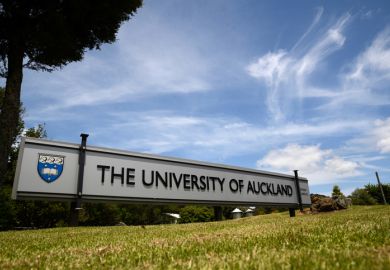Australian universities are transitioning to online delivery as more students are diagnosed with Covid-19.
The University of Queensland (UQ) has decided to “pause” both in-person and online teaching for a week from 16 March and will “use this time to fast-track transition to the online delivery of lectures”.
The university said that upon the resumption of teaching on 23 March, students would “receive lectures online” while tutorial, practical and laboratory sessions would be conducted face-to-face.
The move comes after a student was reportedly among 15 new coronavirus cases reported in Queensland on 14 March, up from a 11 a day earlier.
UQ said its campus remained open this week and libraries, study spaces and eating areas would still be staffed and accessible.
The University of Notre Dame Australia is reportedly moving to remote teaching for some of its courses in Fremantle, Western Australia. The ABC said nursing and midwifery students had been told that their lectures, tutorials and labs would be delivered online from 16 March.
Students were reportedly advised to complete their assessments online and not to attend campus. Arts and science students were also told some classes may move to online this week, the broadcaster reported.
Flinders University in South Australia tweeted that it would “continue as normal” on 16 March in line with federal government advice. It stressed that lectures were recorded for viewing online, and urged students and staff to check for updates on its website, Twitter and Facebook feeds.
In Victoria, Deakin University tweeted that its campuses remained “open and safe places to be” and said students and staff should “continue to attend as planned”.
“We will progressively transition from in-person student attendance at large classes in lecture format, to online forms of delivery at our Cloud Campus,” it added, flagging further information about this in the coming days.
Sydney’s two largest universities reported coronavirus cases over the weekend. UNSW Sydney tweeted that a student had recently tested positive for Covid-19 and had immediately commenced self-isolation.
The university said the health department had advised that “the student was not contagious while on campus”, prompting a backlash on Twitter. “They weren’t contagious based on what criteria?” one respondent demanded. “Close your uni,” suggested another.
The University of Sydney said it had “intensively cleaned” six locations on its main campus after a student had been diagnosed over the weekend.
“The student reported feeling ill, was tested for Covid-19 and is currently in hospital, recovering and doing well,” the university reported in a joint statement with NSW Health. It said around 80 people who had come into close contact with the student on campus had been asked to self-isolate for 14 days.
“The current advice is that the rest of campus can continue to operate as normal,” the statement said.
Australia has copied New Zealand in requiring all people arriving from overseas, including Australian nationals, to isolate themselves at home for the following fortnight.
Additional restrictions continue to apply to people from China, Italy, Iran and South Korea. Non-Australian nationals who have been in any of these four countries over the past fortnight are banned from entering Australia.
The government has also banned “static” gatherings of 500 or more people. The sanction does not apply to universities - along with schools, workplaces, public transport and shopping centres - but prime minister Scott Morrison stressed that "there will be more changes in the future".
Register to continue
Why register?
- Registration is free and only takes a moment
- Once registered, you can read 3 articles a month
- Sign up for our newsletter
Subscribe
Or subscribe for unlimited access to:
- Unlimited access to news, views, insights & reviews
- Digital editions
- Digital access to THE’s university and college rankings analysis
Already registered or a current subscriber? Login

